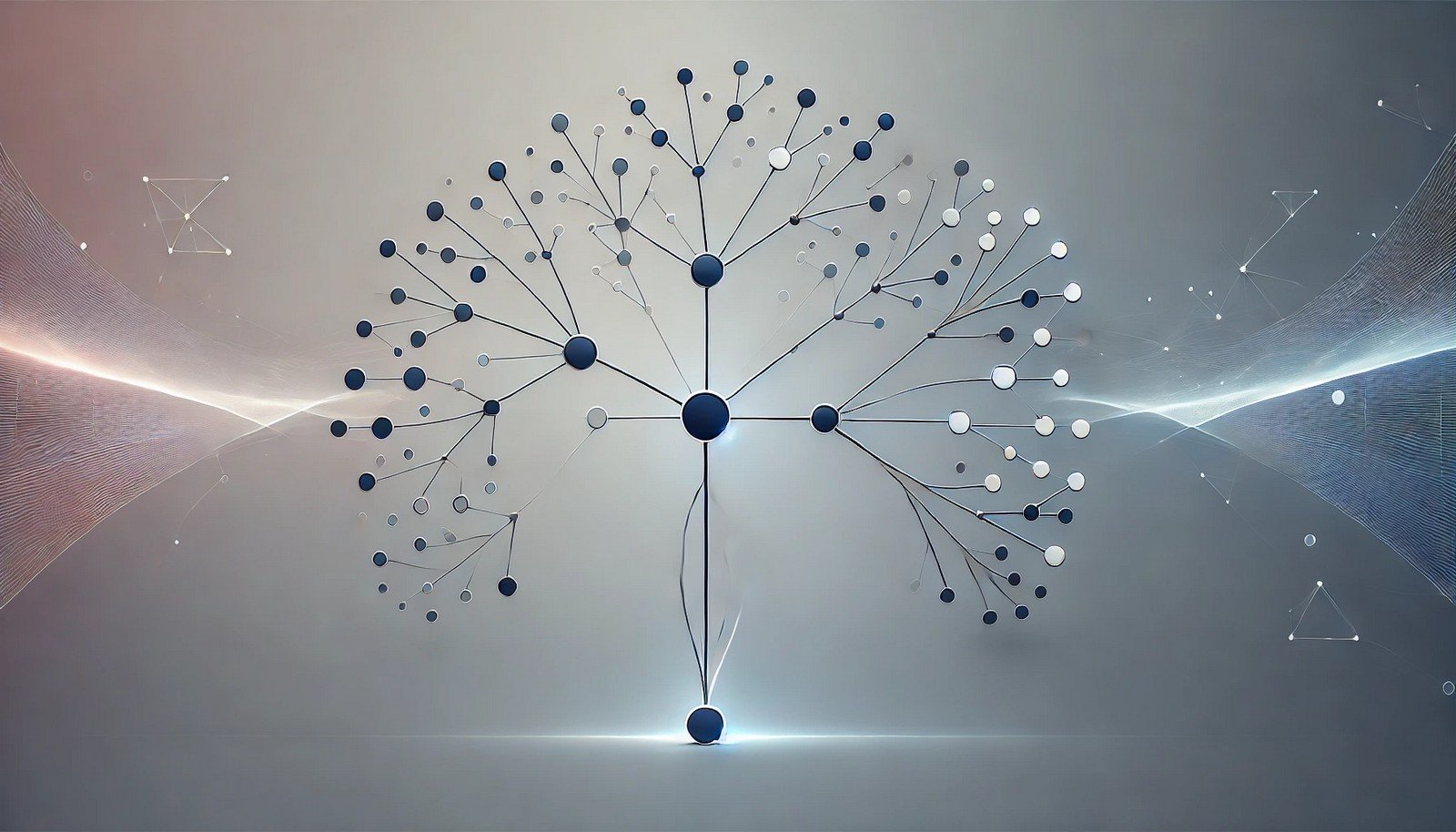Markov Decision Process

Quick Navigation:
- Markov Decision Process Definition
- Markov Decision Process Explained Easy
- Markov Decision Process Origin
- Markov Decision Process Etymology
- Markov Decision Process Usage Trends
- Markov Decision Process Usage
- Markov Decision Process Examples in Context
- Markov Decision Process FAQ
- Markov Decision Process Related Words
Markov Decision Process Definition
A Markov Decision Process (MDP) is a mathematical framework for modeling decision-making where outcomes are partly random and partly under the control of a decision-maker. It is used extensively in reinforcement learning to represent problems with sequential actions that impact the next state. MDPs are defined by states, actions, rewards, and transitions, forming a foundational concept in stochastic control and optimization.
Markov Decision Process Explained Easy
Imagine playing a game where each decision you make affects what happens next, like moving pieces on a board. But some moves come with surprises—you can’t always predict the outcome! MDP is like this game: it helps computers decide what to do in situations where the future is uncertain and depends on current choices.
Markov Decision Process Origin
The concept of the Markov Decision Process originated in the field of mathematics, particularly in stochastic processes, with roots in early 20th-century studies. It was developed further in the mid-20th century by Richard Bellman, who formalized the principles for optimal decision-making in uncertain conditions.
Markov Decision Process Etymology
The term "Markov Decision Process" combines "Markov," referring to a type of process where future states depend only on the current state, and "Decision Process," indicating a series of choices aimed at optimizing an outcome.
Markov Decision Process Usage Trends
MDPs have become central to AI and machine learning, especially in reinforcement learning applications, where machines learn by making decisions that maximize rewards over time. Their importance has grown with the expansion of AI in robotics, automated systems, and complex simulations, becoming a vital part of developing autonomous systems.
Markov Decision Process Usage
- Formal/Technical Tagging:
- Reinforcement Learning
- Stochastic Modeling
- Optimization Theory - Typical Collocations:
- "Markov decision problem"
- "MDP in reinforcement learning"
- "state transition in MDP"
- "optimal policy for Markov decision processes"
Markov Decision Process Examples in Context
- An MDP can model robot navigation, where the robot makes sequential decisions in an unpredictable environment.
- In finance, MDPs are used to simulate investment strategies under uncertain market conditions.
- Healthcare systems may use MDPs to plan treatments, where each action impacts patient outcomes over time.
Markov Decision Process FAQ
- What is a Markov Decision Process?
A Markov Decision Process is a framework in reinforcement learning that models decision-making under uncertainty. - How does an MDP work?
An MDP represents states, actions, rewards, and state transitions, allowing a system to learn optimal actions for achieving goals. - What fields use MDPs?
MDPs are used in AI, robotics, finance, healthcare, and gaming for optimal decision-making under uncertain conditions. - How is MDP different from Markov Chains?
While Markov Chains model state transitions, MDPs also include decisions and rewards, adding complexity. - What role do rewards play in MDPs?
Rewards guide the system to learn the best actions by associating positive outcomes with preferred decisions. - Is MDP used in AI only?
No, MDPs are also applied in operations research, economics, and social sciences. - How do MDPs help in reinforcement learning?
MDPs provide a structure for sequential decision-making, essential for teaching systems to maximize rewards. - What is a policy in MDP?
A policy is a set of rules that defines which actions to take from each state to maximize rewards. - Are MDPs deterministic?
No, MDPs allow for randomness in outcomes, meaning actions may not always lead to the same result. - Why is MDP important in AI?
MDPs help AI systems learn to make decisions in complex, real-world environments, supporting advancements in robotics and automation.
Markov Decision Process Related Words
- Categories/Topics:
- Reinforcement Learning
- Control Theory
- Probability Theory
Did you know?
Markov Decision Processes have been instrumental in advancements in self-driving cars, where they model scenarios and help the system make decisions in real-time. This process aids in navigating, avoiding obstacles, and safely interacting with unpredictable elements on the road.
PicDictionary.com is an online dictionary in pictures. If you have questions or suggestions, please reach out to us on WhatsApp or Twitter.Authors | Arjun Vishnu | @ArjunAndVishnu

I am Vishnu. I like AI, Linux, Single Board Computers, and Cloud Computing. I create the web & video content, and I also write for popular websites.
My younger brother, Arjun handles image & video editing. Together, we run a YouTube Channel that's focused on reviewing gadgets and explaining technology.



Comments powered by CComment